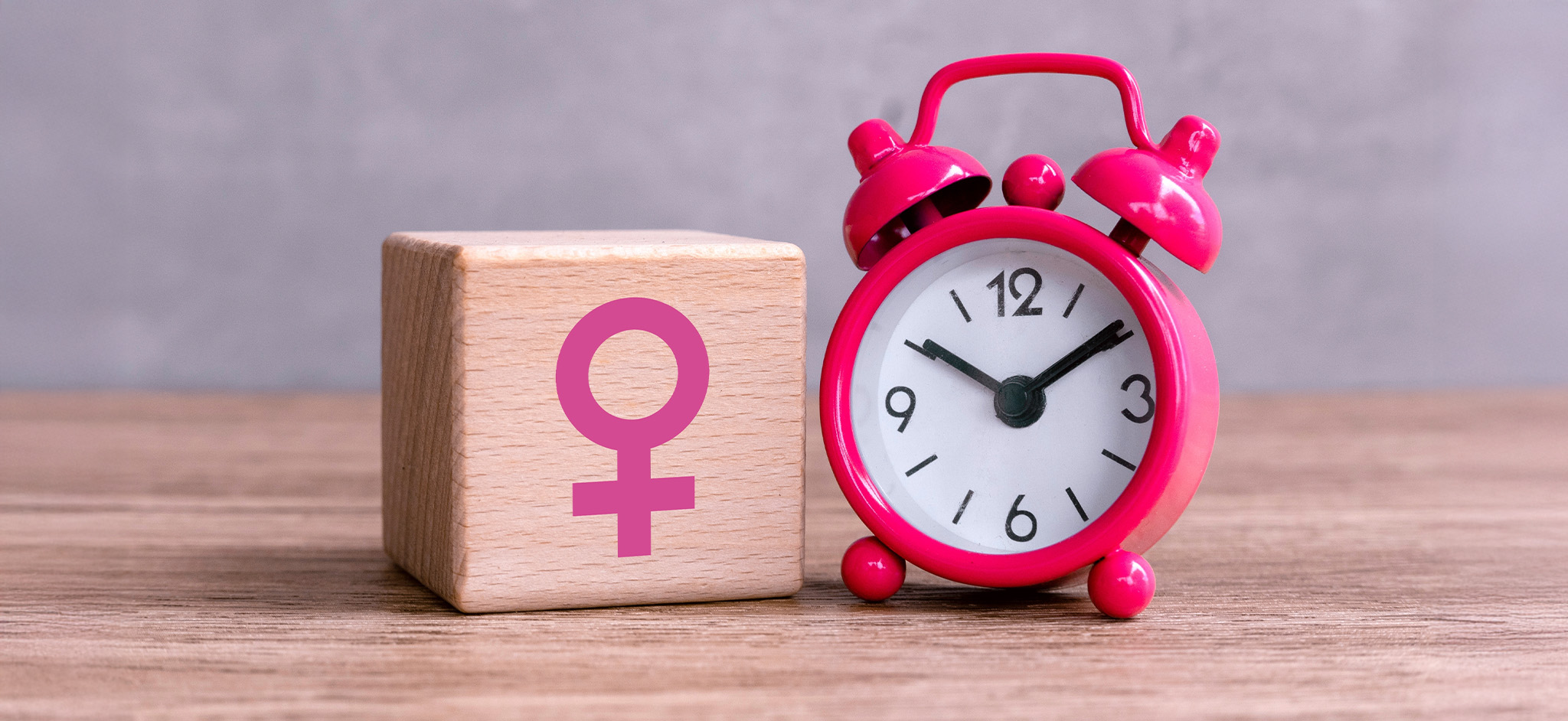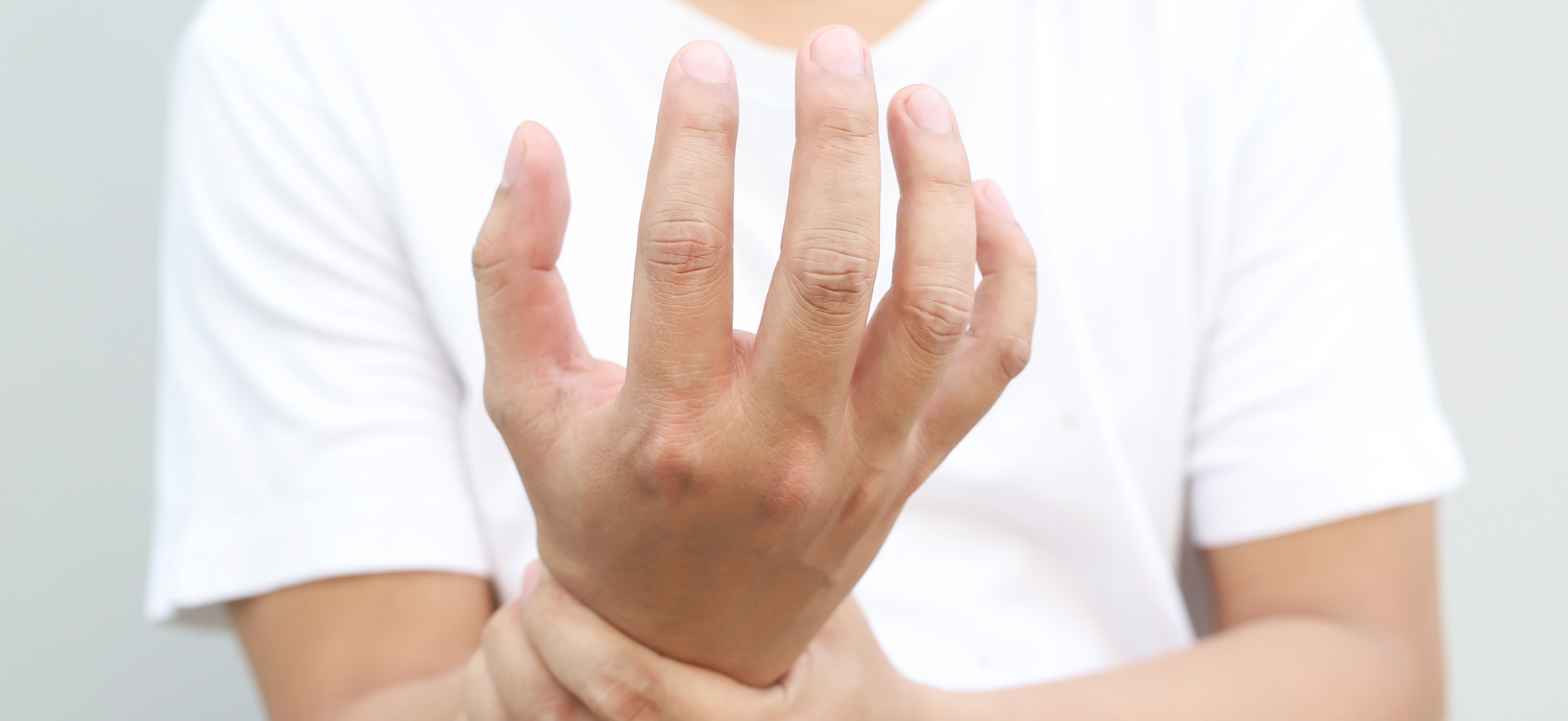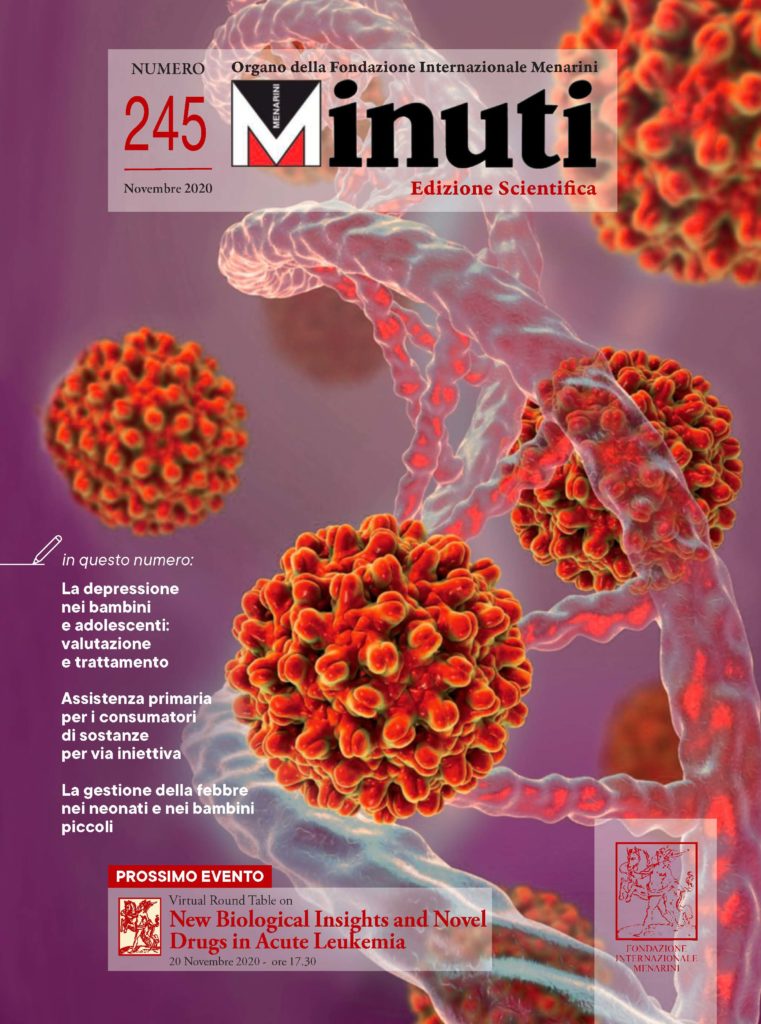
Managing Menopausal Symptoms: Common Questions and Answers
di Dr.ssa Jennifer G. Chang, Dr.ssa Meghan N. Lewis, Dr.ssa Maggie C. Wertz • June 2025
Menopausal symptoms are widespread and significantly impact quality of life. Common symptoms of menopause are vasomotor (i.e., hot flashes and night sweats) and genitourinary (e.g., vulvovaginal irritation and dryness, dyspareunia, urinary problems), although women may also experience changes in sexual function, mood, and sleep. Estrogen-containing hormone therapy is effective treatment for vasomotor symptoms. Nonhormonal medications for vasomotor symptoms include selective serotonin reuptake inhibitors, serotonin-norepinephrine reuptake inhibitors, gabapentin, and fezolinetant, which is a neurokinin 3 receptor antagonist. [updated] Selective serotonin reuptake inhibitors should not be administered to women taking tamoxifen. Cognitive behavior therapy and clinical hypnosis are effective for short-term reduction of vasomotor symptoms and associated sleep disturbances, but data are lacking to support the effectiveness of other nonpharmacologic treatments such as herbal or botanical supplements, exercise, and acupuncture. Hormone-free vaginal moisturizers are noninferior to estrogen-based therapies for treating genitourinary syndrome of menopause. Other treatment options for vaginal dryness and dyspareunia associated with menopause include ospemifene and intravaginal dehydroepiandrosterone. Management of menopausal symptoms should involve shared decision-making that is informed by the best available evidence and individual risks and preferences.
fezolinetant, un antagonista dei recettori della neurochinina 3, sono tra i farmaci
non ormonali utilizzati per il trattamento dei sintomi vasomotori. Gli inibitori selettivi della ricaptazione della serotonina
non devono essere somministrati alle donne che assumono tamoxifene. La terapia cognitivo-comportamentale e l’ipnosi
clinica sono efficaci per la riduzione a breve termine dei sintomi vasomotori e dei disturbi del sonno associati, ma non
vi sono evidenze a sostegno dell’efficacia di altri trattamenti non farmacologici come gli integratori a base di erbe o di
piante, l’esercizio fisico e l’agopuntura. Gli idratanti e i lubrificanti vaginali privi di ormoni non sono inferiori rispetto alle
terapie a base di estrogeni per il trattamento della sindrome genitourinaria della menopausa. Altre opzioni terapeutiche
per la secchezza vaginale e la dispareunia associate alla menopausa includono l’ospemifene e il deidroepiandrosterone
intravaginale. La gestione dei sintomi della menopausa richiede un approccio decisionale condiviso con la paziente,
basato sulle migliori evidenze disponibili e sui rischi e le preferenze individuali.
(Am Fam Physician. 2023; 108(1): 28-39. Copyright © 2023 American Academy of Family Physicians).
(Am Fam Physician. 2023; 108(1): 28-39. Copyright © 2023 American Academy of Family Physicians).
Related Articles
Acute Monoarthritis: Diagnosis in Adults
di
Dr. Jeremy Swisher, Dr. Zachary Sitton, Dr.ssa Kimberly Burbank, Dr. Chris Nelson
November 2025
Highlights
di
Aaron Saguil, Matthew V. Fargo
∙
February 2021







